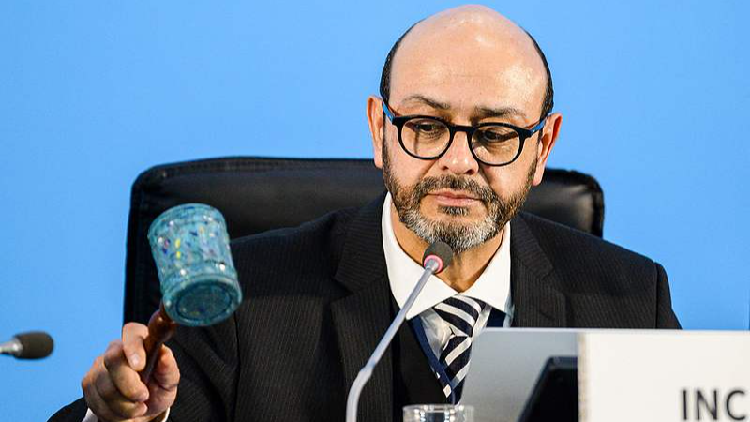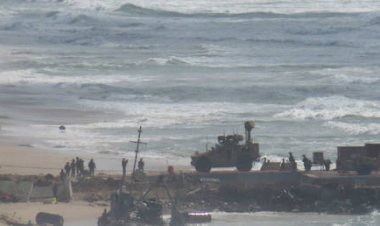Nations Unable to Forge Consensus in UN Discussions on Plastics
Countries were unable to achieve consensus during the UN negotiations focused on plastic pollution.

The fifth meeting of the UN Intergovernmental Negotiating Committee in Busan, South Korea, was intended to produce a legally binding treaty and was thought to be the final gathering. However, substantial disagreements on the treaty's fundamental scope meant that key decisions were postponed, leading to further negotiations under the label INC-5.2.
"It is clear that there is still persisting divergence," stated Inger Andersen, executive director of the UN Environment Program.
Key contentious topics included the proposal to cap plastic production, manage plastic products and related chemicals, and secure financing to assist developing nations with treaty implementation.
Panama proposed an option supported by over 100 countries to establish a global target for reducing plastic production, while an alternative plan did not include such caps.
The challenges of reaching an agreement were evident in a revised document presented on Sunday by meeting chair Luis Vayas Valdivieso, which, although potentially serving as a foundation for the treaty, contained numerous options on sensitive issues.
"A treaty that ... only relies on voluntary measures would not be acceptable," remarked Juliet Kabera, director general of Rwanda's Environment Management Authority. "It is time we take it seriously and negotiate a treaty that is fit for purpose and not built to fail."
A minority of petrochemical-producing nations, including Saudi Arabia, voiced strong opposition to efforts aimed at reducing plastic production and employed procedural tactics to stall discussions.
"There was never any consensus," remarked Saudi Arabian delegate Abdulrahman Al Gwaiz. "There are a couple of articles that somehow seem to make it despite our continued insistence that they are not within the scope."
According to data from Eunomia, China, the United States, India, South Korea, and Saudi Arabia were the top five polymer-producing nations in 2023.
The ongoing divisions heightened concerns that a successful treaty could have represented one of the most substantial agreements on environmental protection since the 2015 Paris Agreement.
This postponement follows shortly after the contentious closure of the COP29 summit in Baku, Azerbaijan, where countries established a new global climate finance target of $300 billion per year—widely regarded as inadequate by many developing nations and small island states.
Procedural tactics by Saudi Arabia also hindered climate negotiations, particularly regarding language that reaffirmed previous commitments to transition away from fossil fuels. Some negotiators contended that certain countries obstructed the process, avoiding necessary compromises by leveraging the UN's consensus requirements.
Senegal’s National Delegate Cheikh Ndiaye Sylla labeled the choice to exclude voting throughout the negotiations as "a big mistake," referencing an agreement made last year during the second round of talks in Paris.
"This outcome underscores the complexity of addressing plastic pollution on a global scale and the need for further deliberations to achieve an effective, inclusive and workable treaty," commented Chris Jahn, council secretary of the International Council of Chemical Associations, which represents plastic manufacturers.
Environmental group GAIA expressed skepticism about the prospects for success in the next INC session, stating, "There is little assurance that the next INC will succeed where INC-5 did not."
With plastic production projected to triple by 2050, microplastics have been detected in the air, fresh produce, and even human breast milk. A 2023 UN Environment Program report identified over 3,200 chemicals of concern in plastics, highlighting the heightened risk to women and children due to their toxicity.
Despite the setback, many negotiators voiced a sense of urgency to return to discussions. "Every day of delay is a day against humanity. Postponing negotiations does not postpone the crisis," asserted Panama's delegation head Juan Carlos Monterrey Gomez on Sunday. "When we reconvene, the stakes will be higher."
Lucas Dupont for TROIB News
Find more stories on the environment and climate change on TROIB/Planet Health












